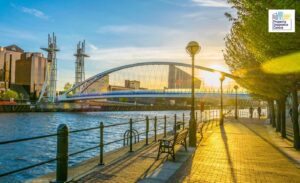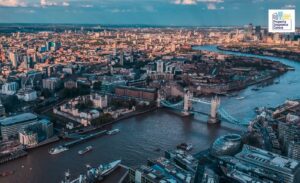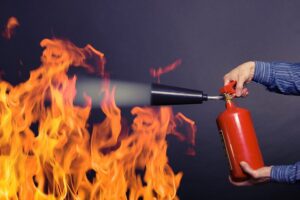Automatic Fire Alarms in Commercial Properties New Rules 2024

If your commercial property is not listed on the exemption list, you need to follow the below procedures:
If an alarm is triggered during the hours applying (7am -8.30pm) you will need to call 999 to confirm a fire has occurred/is occurring.
Review all fire risk assessments.
This policy applies to office blocks or industrial estates during daytime hours, unless we receive a direct report of a fire.
In 2023/24, Automated Fire Alarms (AFAs) accounted for 40 percent of all incidents attended by the London Fire Brigade (LFB) totalling 52,000 calls. However, less than one percent of these calls from non-residential AFAs were ultimately confirmed as actual fires, with 99 percent being false alarms.
By reducing the time and resources spent responding to Unwanted Fire Signals (UwFS), we can better allocate our efforts to other priorities, such as enhancing fire prevention in your community and ensuring our Firefighters are available for real emergencies. This new policy doesn’t apply to all buildings. For example, schools, hospitals and many other types are exempt. Read the list of exemptions here, or see it further below.
What do I need to do if I’m a business owner? What do I need to do to prepare? (From London Fire Brigade)
Ensure that you carry out regular fire risk assessments and manage your premises to reduce the risk of fires, to keep people safe and to minimise the effects of any fires.
Ensure you have an emergency plan and a process in place to safely investigate all AFAs that activate within the premises.
In the event of a confirmed fire, ensure you have a process in place to safely evacuate the building and for a person to call the LFB (via 999) to confirm a fire has broken out.
Ensure all employees or people using the premises are aware of your processes above.
Ensure you have a fire plan in place and that all employees are aware of what action to take to both prevent a fire and put the fire plan in action.
Read the full London Fire Brigade guide & FAQs here.
Exemptions to this policy include:
Private Dwellings/Houses
Flats (includes high-rise)
Houses in Multiple Occupation
Mobile/Park homes
Houseboats
Hospitals
Residential care homes / Nursing homes / Hospices
Children’s homes
Specialised housing premises (e.g., sheltered housing, extra care sheltered housing, supporting living)
Student accommodation / halls of residence
Residential Boarding schools
Hotels/Motels/B&Bs and other guest accommodation
Hostels (e.g., homeless, rehabilitation) / Youth Hostels
Prisons / Young offenders’ institutions/other secure establishments
Heritage Buildings.
Schools.
Nurseries.
Buildings of substantial public significance identified as exempt by LFB.






